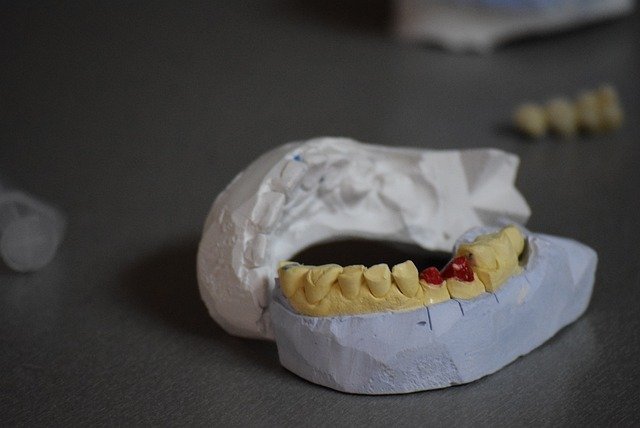Ensuring the health and happiness of our beloved pets is a primary concern for pet owners. Dental care is an essential part of this equation, with regular cleanings playing a crucial role in preventing serious health issues. But when it comes to pet insurance, navigating the coverage for these procedures can be confusing. Fear not, pet parent! This detailed guide will delve into the world of pet insurance and dental cleanings, leaving no question unanswered.
The Spectrum of Pet Insurance Coverage
Unlike human health insurance with standardized plans, pet insurance offers a variety of coverage options. Understanding these different tiers is key to knowing if dental cleanings are covered. Here’s a breakdown of the most common coverage types:
Accident & Illness Plans (Standard Coverage)
These plans are the most basic and affordable option. They typically focus on covering unexpected medical events like accidents (broken bones, swallowed objects) and illnesses (infections, allergies). Unfortunately, routine dental cleanings, considered preventive care, are usually not included in this standard coverage.
Wellness or Preventative Care Add-Ons
Many pet insurance providers recognize the importance of preventive care and offer optional add-ons to their standard plans. These add-ons typically cover a portion of the cost for annual or semi-annual dental cleanings, alongside other preventative procedures like vaccinations, spaying/neutering, and parasite prevention medications. The specific coverage details and reimbursement percentages will vary depending on the provider and the chosen add-on plan.
Breed-Specific Considerations
Certain dog breeds, like brachycephalic breeds (pugs, bulldogs) or small breeds (Chihuahuas, Yorkshire Terriers), are more prone to dental problems due to jaw structure or crowded teeth. Some forward-thinking pet insurance companies might offer specialized plans for these breeds that include coverage for dental cleanings as a preventative measure.
Understanding Exclusions: A Crucial Caveat
It’s vital to understand that most pet insurance plans exclude pre-existing conditions. This means if your pet already has dental problems (like periodontal disease) before enrolling in a plan, treatment for those specific issues typically won’t be covered. However, if your pet develops a new dental issue unrelated to any pre-existing condition (like a fractured tooth due to an accident), the coverage might apply depending on your specific plan.
Maximizing the Benefits of Pet Insurance
Even if your pet insurance doesn’t cover routine dental cleanings, it can still be a valuable investment for your pet’s overall health and your wallet:
Preventative Care Saves Money: Regular dental cleanings can help prevent costly dental problems down the line. These problems, like tooth extractions or jaw surgeries, can be much more expensive to treat than routine cleanings.
Peace of Mind for Accidents: While not a substitute for regular cleanings, pet insurance provides peace of mind knowing it will cover unexpected dental emergencies, such as broken teeth or jaw injuries caused by accidents.
Making an Informed Decision
When selecting a pet insurance policy, take into account the following aspects:
Your Pet’s Age and Breed: Younger pets with lower risks of dental problems might not require immediate dental coverage. However, for certain breeds or older pets, it might be a valuable addition.
Your Budget: Wellness add-ons typically come with an additional monthly premium. Weigh the cost of the add-on against the potential savings from covered dental cleanings.
Comparing Coverage Details: Don’t just focus on whether dental cleanings are “covered” in general. Read the fine print to understand the specific details, such as reimbursement percentages, annual or lifetime coverage limits, and exclusions.
Consulting Your Veterinarian
Discuss your pet’s specific dental needs and risk factors with your veterinarian. They can recommend a cleaning schedule and advise you on whether pet insurance with a wellness add-on might be beneficial for your furry friend.
Conclusion
While standard pet insurance plans typically don’t offer coverage for routine dental cleanings, exploring optional wellness add-ons and comparing the details of various plans can help you find the best fit for your pet’s needs. Remember, investing in preventative dental care is crucial for your pet’s long-term health. Even if not directly covered, regular cleanings can significantly reduce future vet bills, allowing you to focus on what truly matters – showering your furry companion with love and cuddles!
FAQs
How much does a pet dental cleaning cost?
The cost of a pet dental cleaning can vary depending on your location, your veterinarian, and the complexity of the procedure. Generally, you can expect to pay anywhere from $150 to $700.




